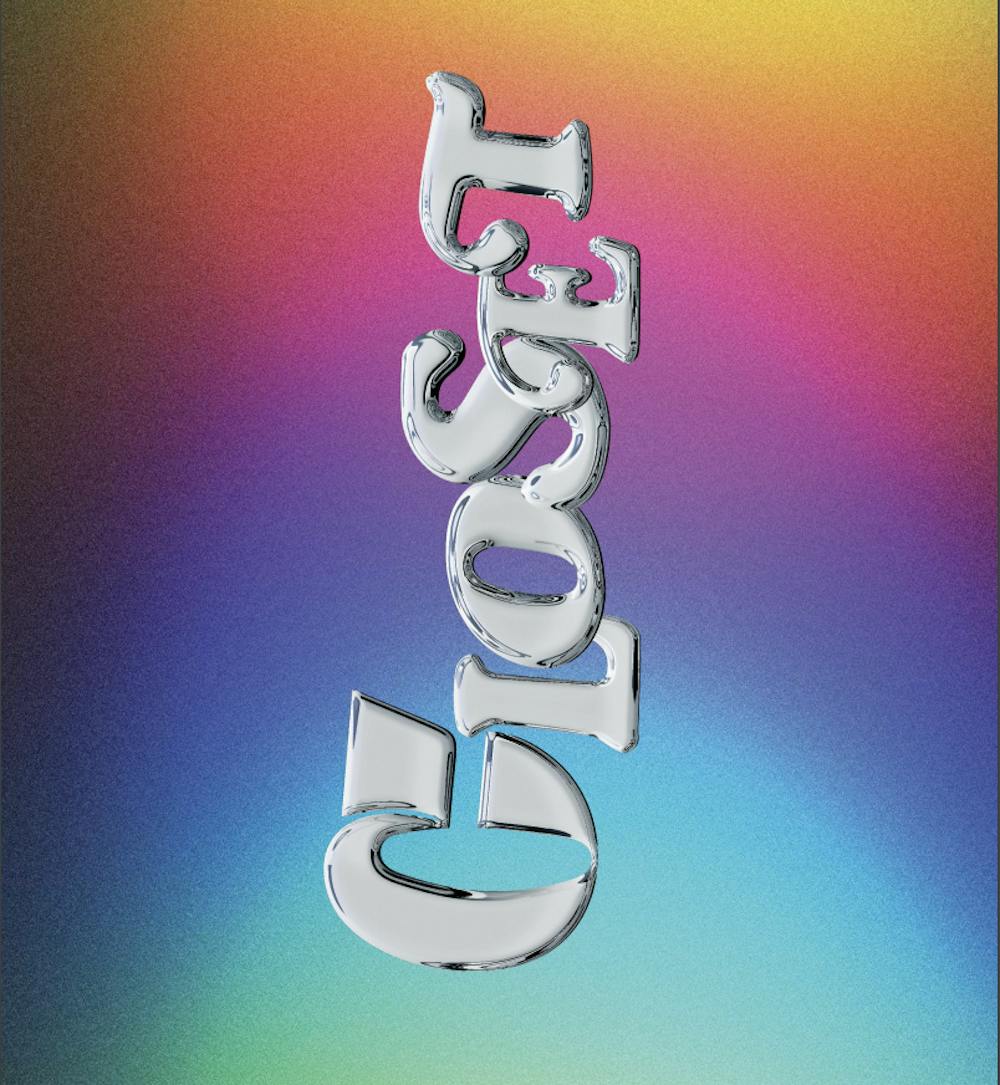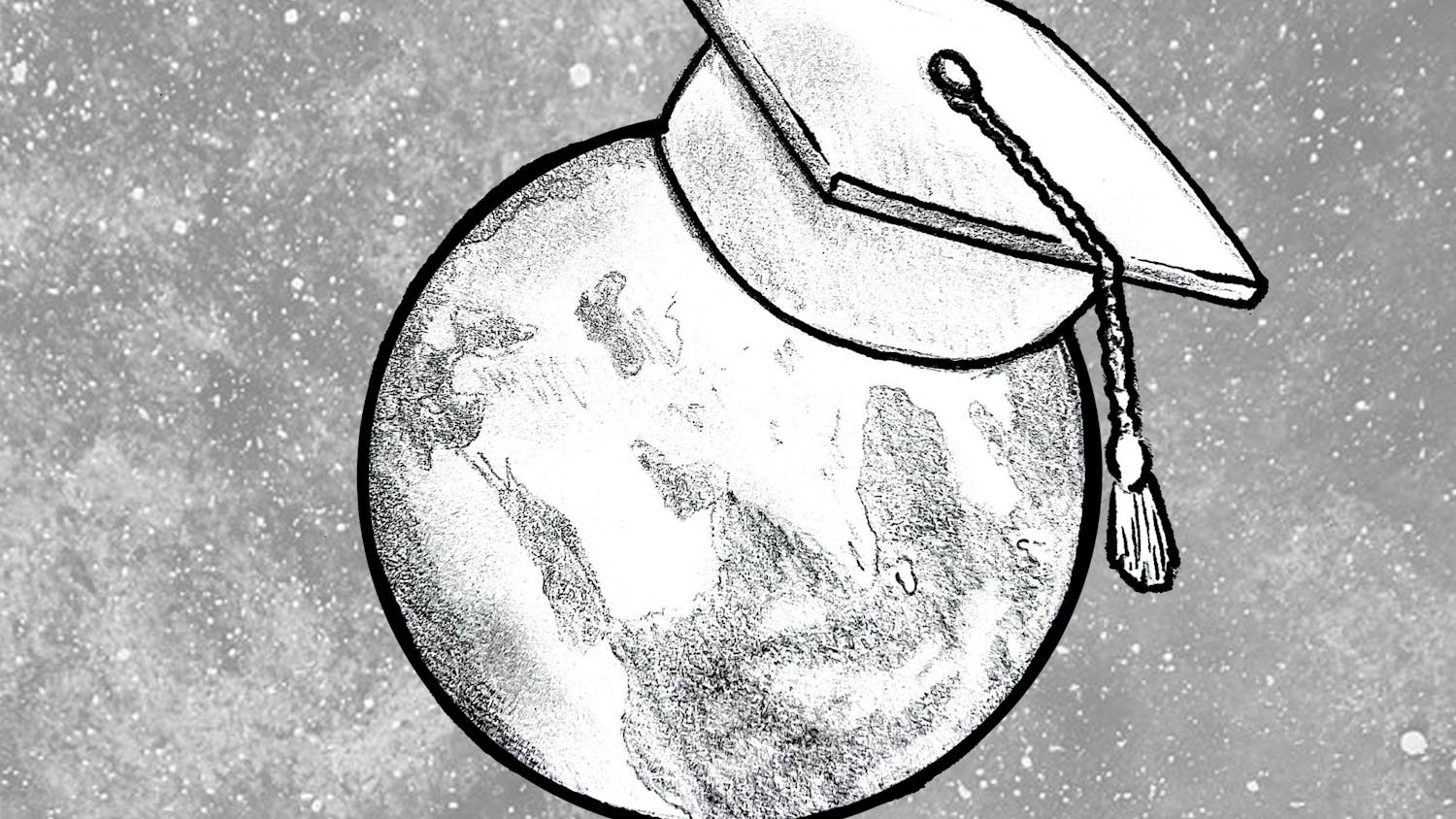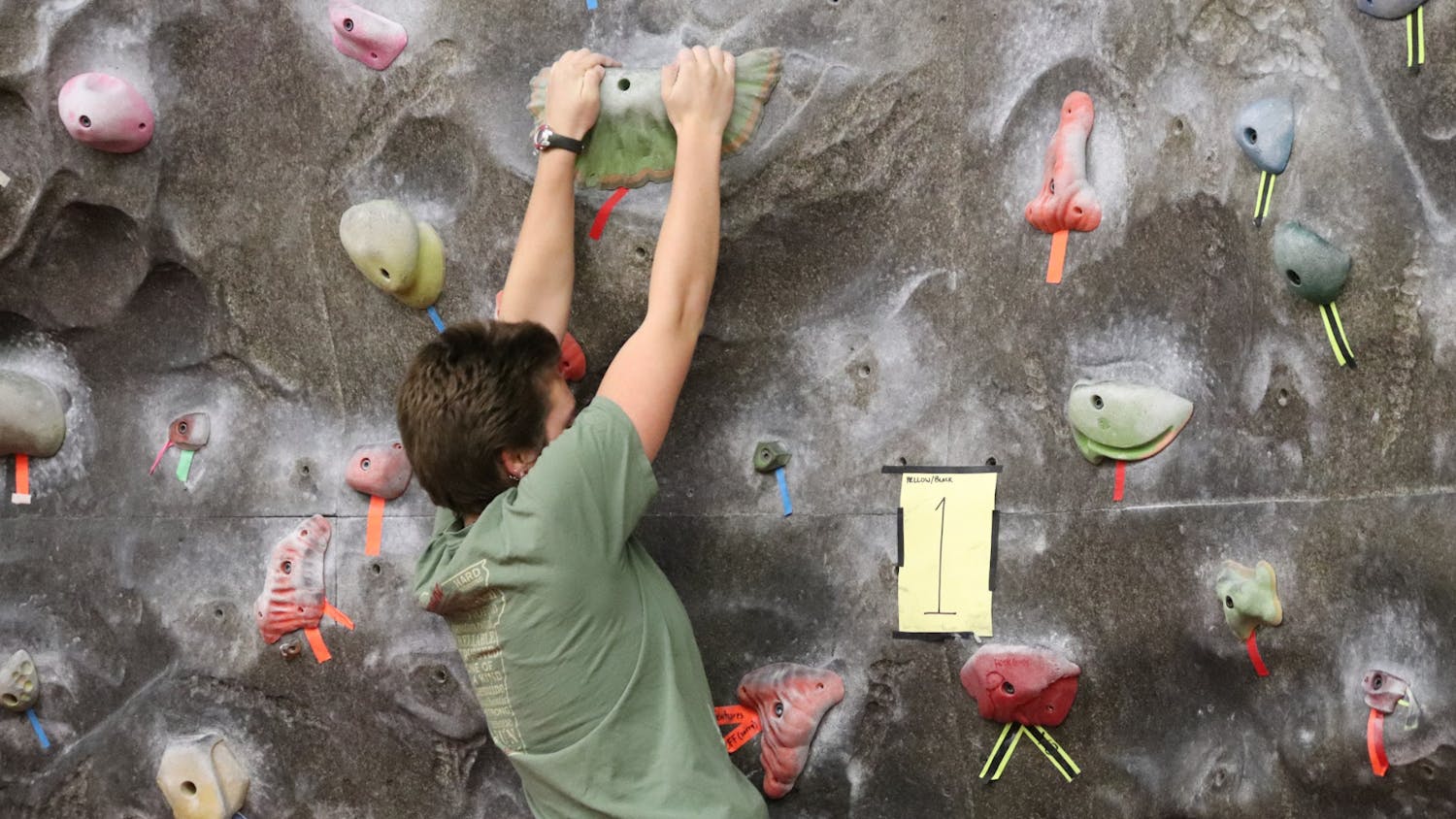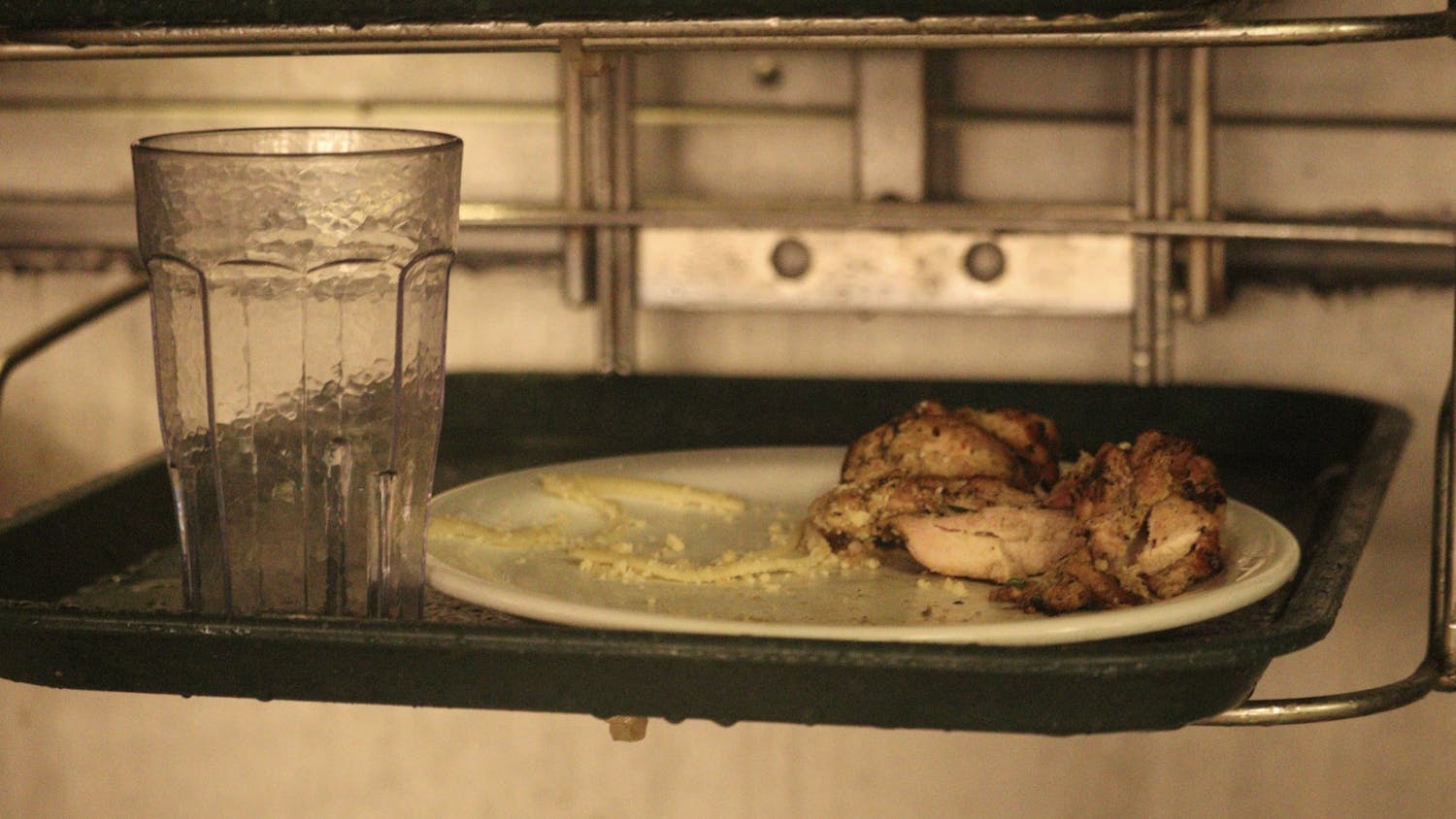What would it look like to create a centralized platform to engage in boundary-defying artwork, critical conversation and innovative content for the Middlebury community? Do we have a space that’s diverse and disruptive, a community that touches on the tension between tradition and (trans)formation?
As a member of the LGBTQIA+ community, I often find myself seeking a space where I can explore my identity and connect with others with similar yet unique lived experiences. When I arrived at Middlebury, I was excited to find a welcoming community of queer individuals passionate about creating a space to express ourselves and support one another. Student organizations such as Queer and Trans People of Color (QTPOC), Feminist Action at Middlebury (FAM) and Queers and Allies (Q&A) are extremely important spaces that foster discussion, healing and support on campus. However, I began to notice an information gap between the marginalized community and the dominant community at Middlebury. Wanting to break that boundary between the subordinate and dominant identities on campus while still preserving the sacred space of marginalized communities of care, I began brainstorming platforms I could generate to increase visibility and celebrate Middlebury’s marginalized voices with a new, creative approach.
Expression looks different for everyone. For some, expression can manifest into fruitful discussions, but expression can also look like poetry, photography, journaling, painting or passionate critiques of issues that affect them. I simply want to generate a platform to create, to express my underrepresented identity in all its glory that, to put it bluntly, makes the cisheteropatriarchy sh*t itself. Quite frankly, creation is queer. And no, I don’t just mean queer as in sexuality. I mean queer as in lifestyle. Queer as in deconstructing the normative. Queer as in liberation. We’re taught that media is supposed to be aesthetically pleasing yet palatable — don’t show too much skin; don’t be too critical of the institution; don’t make a spectacle of yourself. I took this as a challenge. I want the presence of the underrepresented community to explode into the Middlebury community like pop rocks: shocking, bold and impossible to ignore.
Enter Closet Magazine (get it?), a new platform and community for underrepresented creatives with marginalized racial, gender, class and sexuality identities to translate complex emotions, sensations and experiences into creative expression while bringing voices to the surface to deconstruct the dominant identities currently prevalent at Middlebury College. These voices can be queer, trans, female, Asian, Latinx, African and more. Imagine individuals expressing themselves, their vision, ideas and critique through powerful poetry, sex-positive art, queer fashion photography and expressive writing. The magazine will publish its first issue online late Spring 2023, and the pieces presented in the magazine will be from open calls and in-house staff work developed throughout this spring. Students will be able to submit work through a Google Form open now until March 26 found at go/closetopencall/. We want to provide students with the agency to create. We will not limit what kinds of work will be published; we are open to everything. Follow the magazine Instagram @closetmagazinee to keep up with updates!
Closet Magazine will cultivate the intersection between creativity and critique for students to present their culture and the issues important to them in unique ways. That being said, we also want to connect the campus to the world, bridging our personal experiences and issues through a global lens. I see the magazine as an opportunity to educate the wider Middlebury community about LGBTQIA+, race, gender and class issues. While there is certainly a great deal of support for queer students on campus, there are also many students and faculty members who are still learning about their identity or about the identities of those around them. By providing a platform where queer students can see themselves represented and celebrated, I hope to not only contribute to the scholarly and cultural conversation at Middlebury, but to create a greater sense of belonging and community for students with marginalized identities.
Creating a queer culture magazine on the Middlebury College campus is an important step in promoting visibility, community and education around marginalized identities. By fostering a greater sense of understanding and support, we can work towards creating a more inclusive and equitable world for all.




